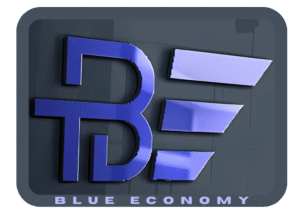Ports Reduce Cost of Doing Business in Pakistan
Spin offs and Economic Benefits of Ports in Pakistan A seaports economic impact stretches far beyond ports limits. Taking into account the direct and flow-on effects of trade entering and leaving the port area the added value supports a port cities businesses, communities and its people. Local Government Areas and the communities adjacent to the
